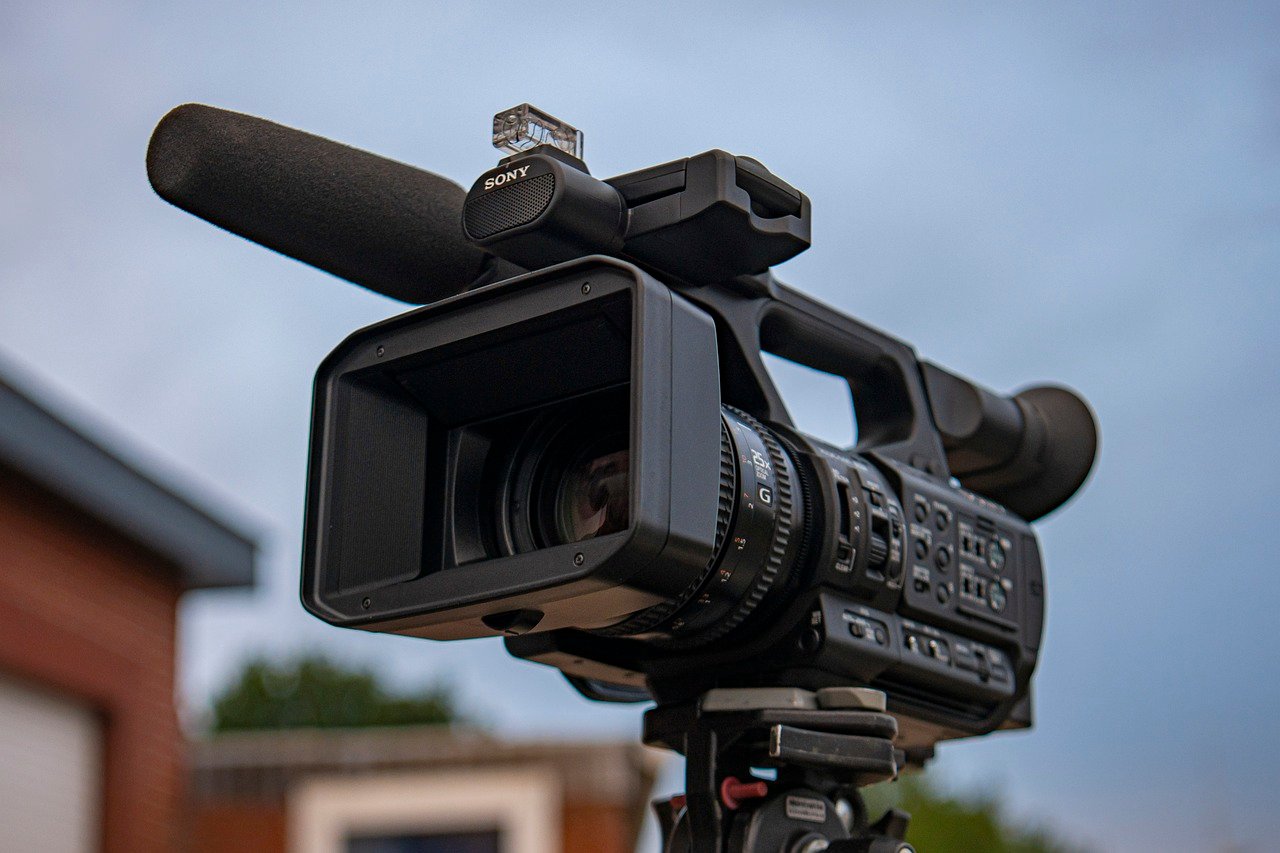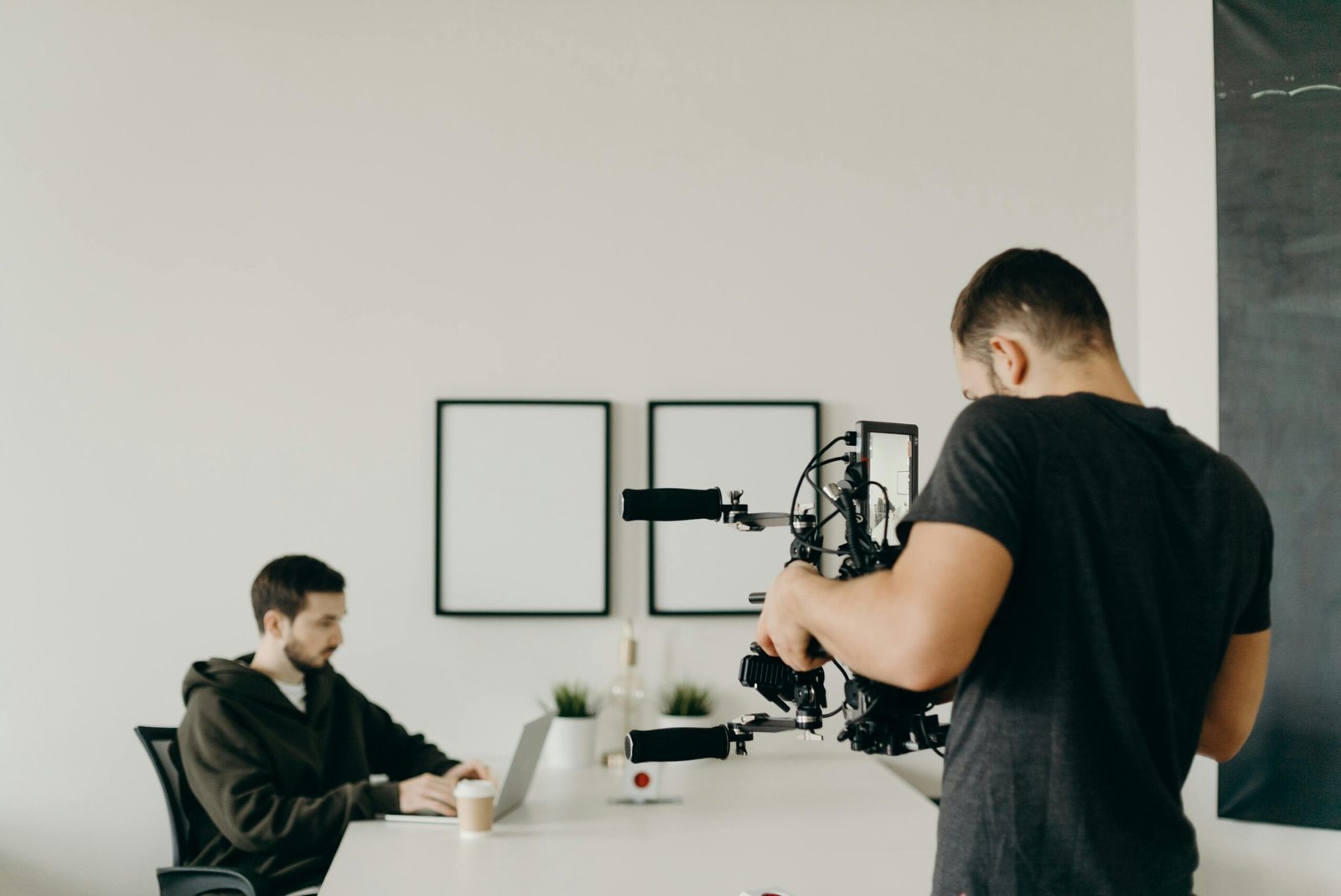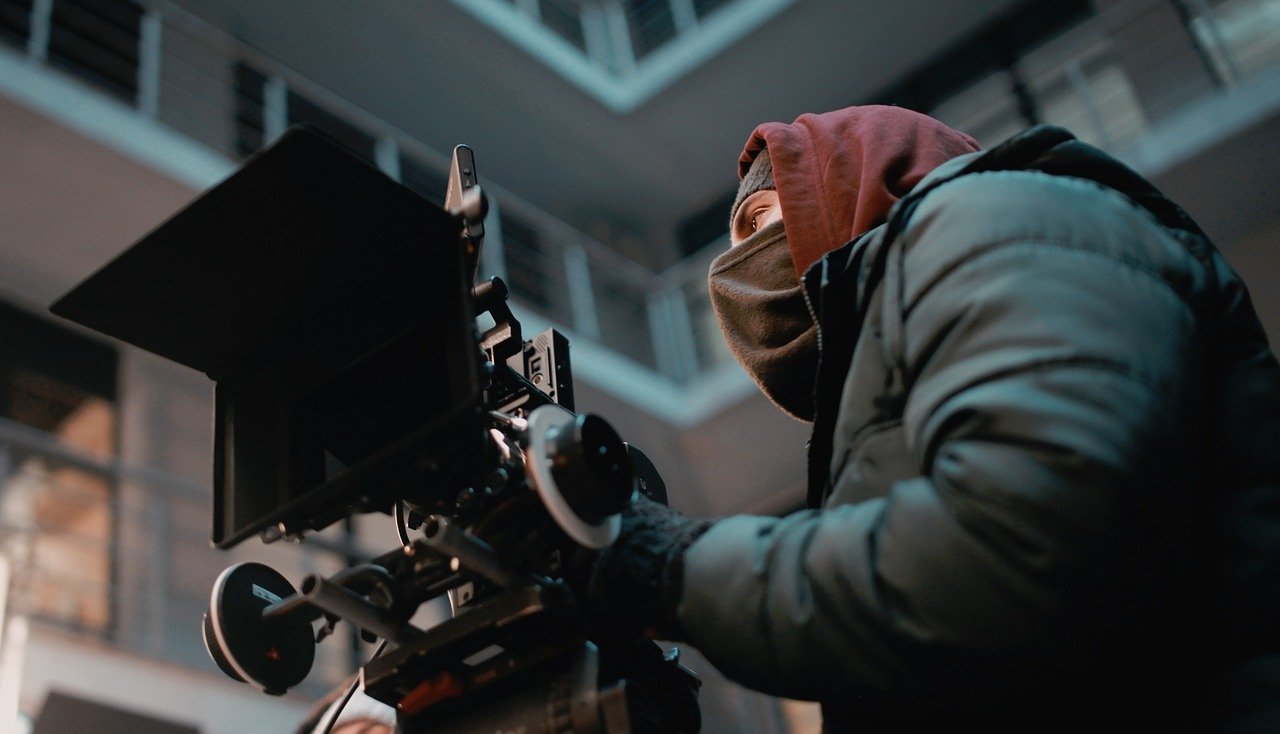Videography Durban Videography has become an essential aspect of capturing and preserving memorable moments in…
Documentary Videographer
Documentary videography is an art form that combines storytelling, creativity, and technical skills to capture real-life events, issues, and stories on film. In this article, we will explore the world of documentary videography, its importance, the skills required, equipment needed, and the process involved in creating compelling documentaries. Whether you’re an aspiring documentary videographer or simply interested in learning more about the craft, this article will provide you with valuable insights.
1. Introduction to Documentary Videography
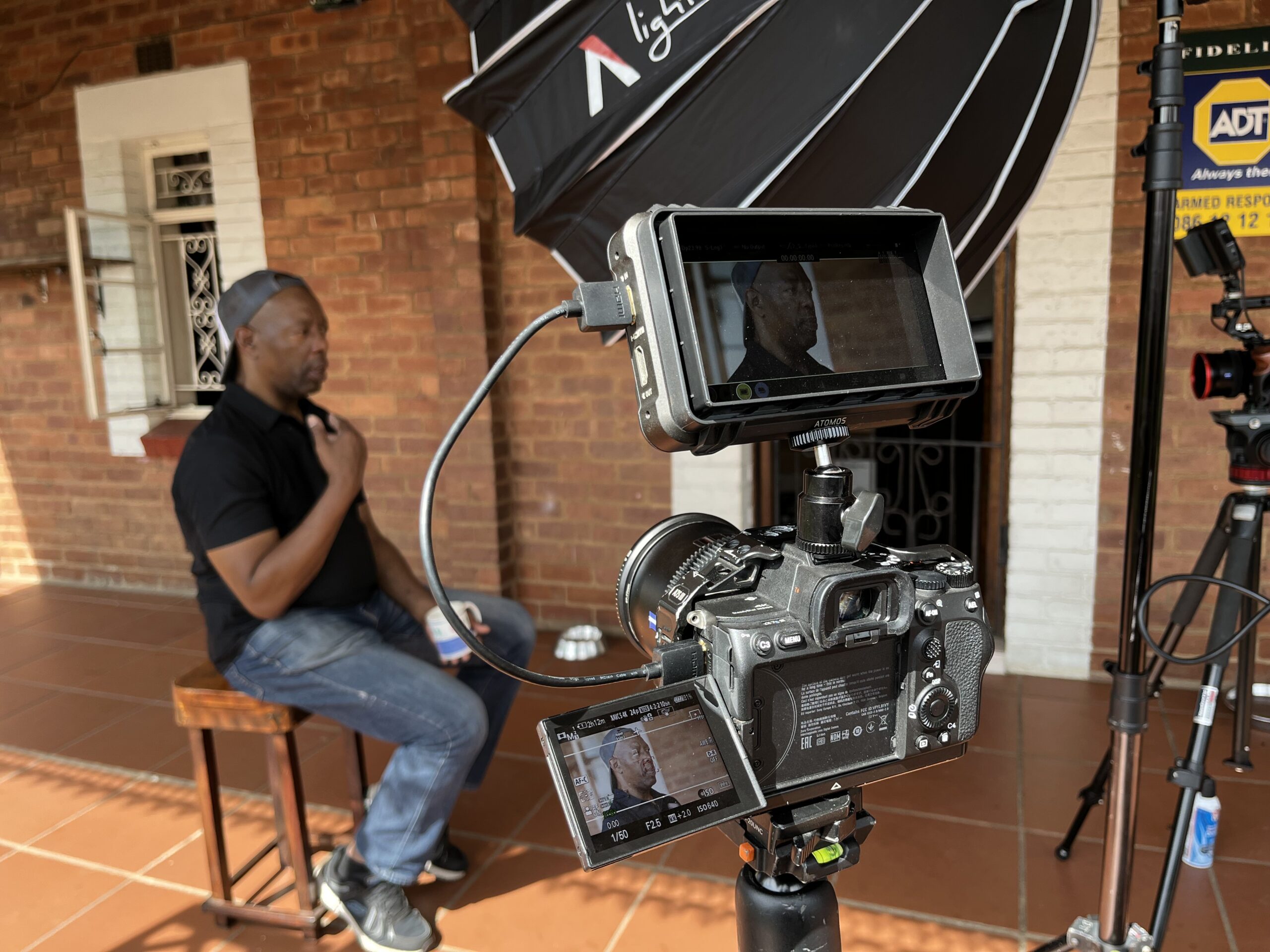
Documentary videography involves capturing real-life events, people, and stories on video with the aim of documenting, informing, and inspiring audiences. It goes beyond mere recording and delves into the realms of storytelling and visual artistry. Documentary videographers aim to create impactful films that shed light on important social, cultural, and environmental issues.
2. Importance of Documentary Videography
Documentary videography plays a crucial role in preserving history, raising awareness, and giving a voice to marginalized communities. It enables us to explore diverse perspectives, understand different cultures, and challenge societal norms. Documentaries have the power to educate, entertain, and inspire change, making them an essential medium for storytelling and information dissemination.
3. Skills Required for Documentary Videography
To excel in documentary videography, a videographer needs a combination of technical skills, storytelling abilities, and effective communication. Let’s explore these skills in more detail:
Technical Skills
A documentary videographer must have a solid understanding of camera operation, lighting, composition, and audio recording. They should be proficient in using professional video equipment and editing software to ensure high-quality production values.
Storytelling Skills
Storytelling lies at the heart of documentary videography. A videographer should be able to craft narratives that engage and resonate with the audience. They must have a keen eye for detail, an understanding of story structure, and the ability to capture compelling visuals.
Communication Skills
Building relationships and trust with subjects is crucial in documentary videography. A videographer should be able to communicate effectively with interviewees and create a comfortable environment for them to share their stories authentically.
4. Equipment Needed for Documentary Videography
To capture professional-looking documentaries, videographers require certain essential equipment. Here are some key tools of the trade:
Cameras
A high-quality camera capable of shooting in various conditions is vital for documentary videography. DSLRs and mirrorless cameras with video capabilities are popular choices due to their versatility and image quality.
Lenses
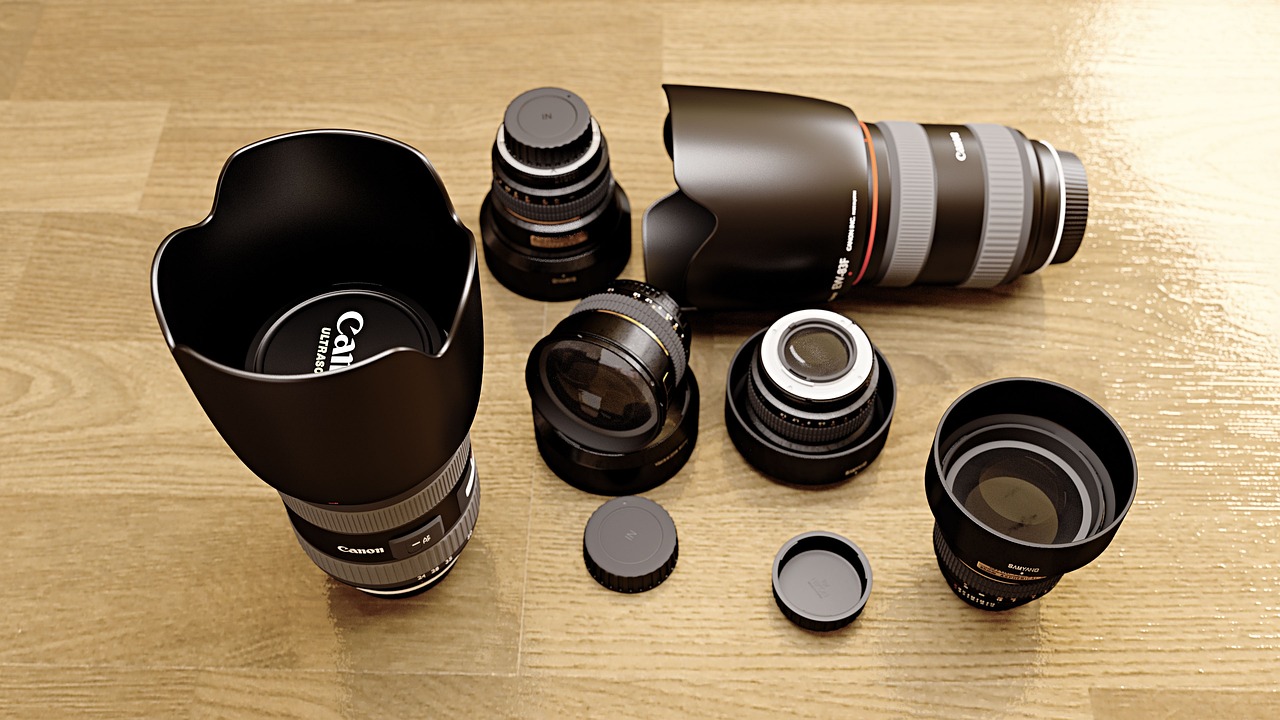
Different lenses provide various perspectives and focal lengths, allowing videographers to capture a range of shots. Wide-angle lenses are ideal for establishing shots and capturing the overall context, while telephoto lenses help in zooming in on details.
Tripods and Stabilization
Stability is crucial in documentary videography to avoid shaky footage. A sturdy tripod or a gimbal stabilizer can provide smooth and steady shots, especially when capturing interviews or static scenes.
Audio Equipment
Clear and crisp audio is essential for documentary filmmaking. External microphones, such as lavalier microphones for interviews and shotgun microphones for capturing ambient sound, greatly enhance audio quality.
5. Pre-production Process
Before starting the production, thorough pre-production planning is essential for a successful documentary. This phase involves several key steps:
Research and Planning
Extensive research helps videographers gain a deep understanding of the subject matter. They must identify key themes, interview subjects, and gather relevant resources to develop a comprehensive plan.
Scriptwriting
While documentaries are often less scripted than fictional films, having a general outline or a script can provide a roadmap for the storytelling process. It helps in organizing the footage and ensuring a coherent narrative.
Storyboarding
Creating a visual storyboard helps videographers conceptualize the shots they need to capture. It assists in determining the sequence of scenes and contributes to the overall visual composition.
6. Production Process
Once the pre-production phase is complete, the actual production of the documentary begins. This stage involves capturing footage, conducting interviews, and recording audio.
Interviewing Subjects
Interviews are a fundamental aspect of documentary videography. Videographers should prepare thoughtful questions, create a comfortable environment for the interviewees, and ensure the lighting and audio are set up appropriately.
Capturing B-roll Footage
B-roll footage refers to supplementary footage that complements the main story. It includes shots of the environment, activities, and visuals that provide context and enhance the storytelling.
Recording Audio
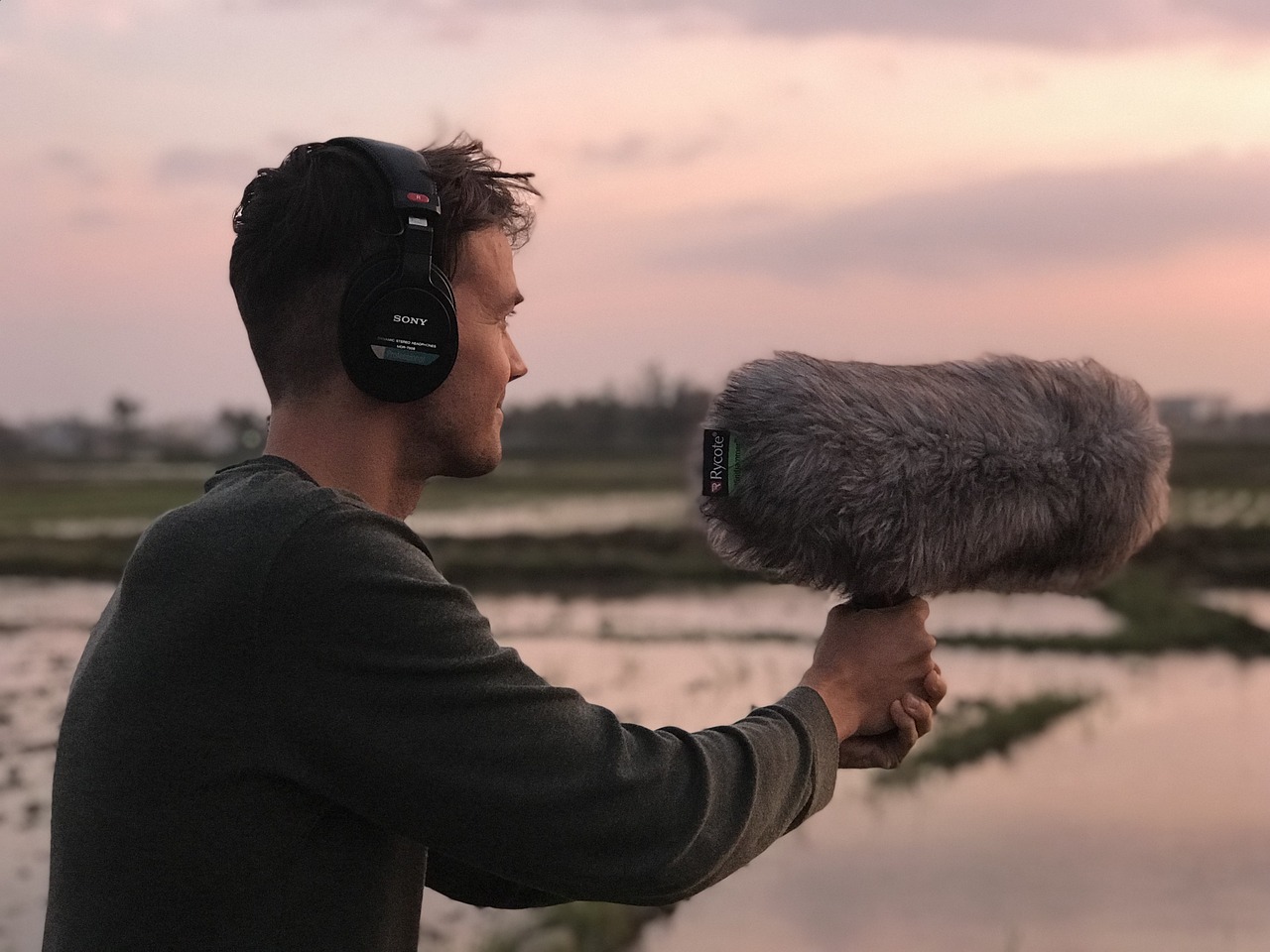
Clear and crisp audio is vital for the success of a documentary. Capturing high-quality audio during interviews, ambient sound, and narration ensures that the final product is engaging and professional.
7. Post-production Process
Post-production is where the magic happens. It involves editing the footage, adding visual effects, refining the audio, and fine-tuning the overall narrative.
Video Editing
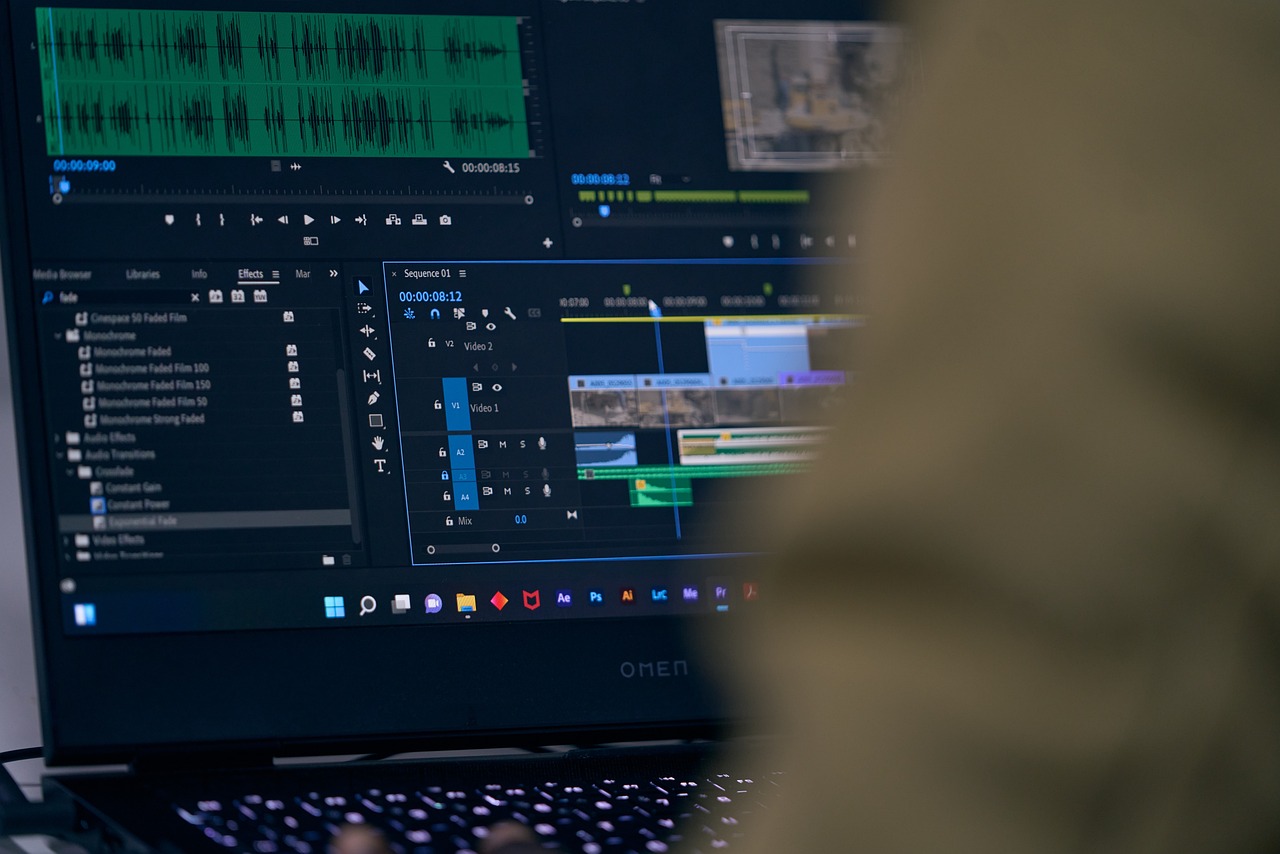
Using professional video editing software, videographers assemble the captured footage into a cohesive story. They trim and arrange clips, add transitions, and create a flow that captivates the audience.
Color Grading
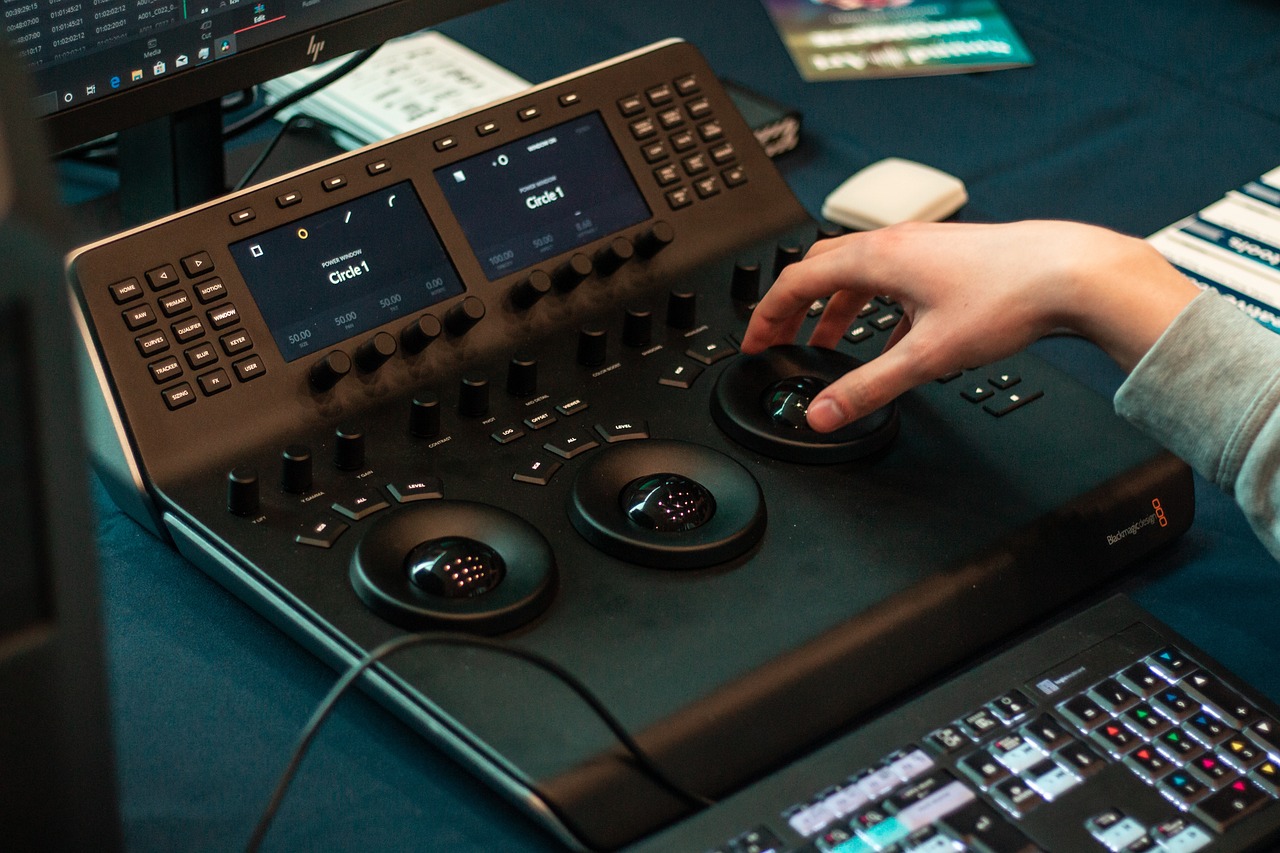
Color grading enhances the visual aesthetics of a documentary. It involves adjusting the colors, contrast, and saturation to create a specific mood or tone that aligns with the subject matter.
Sound Design and Mixing
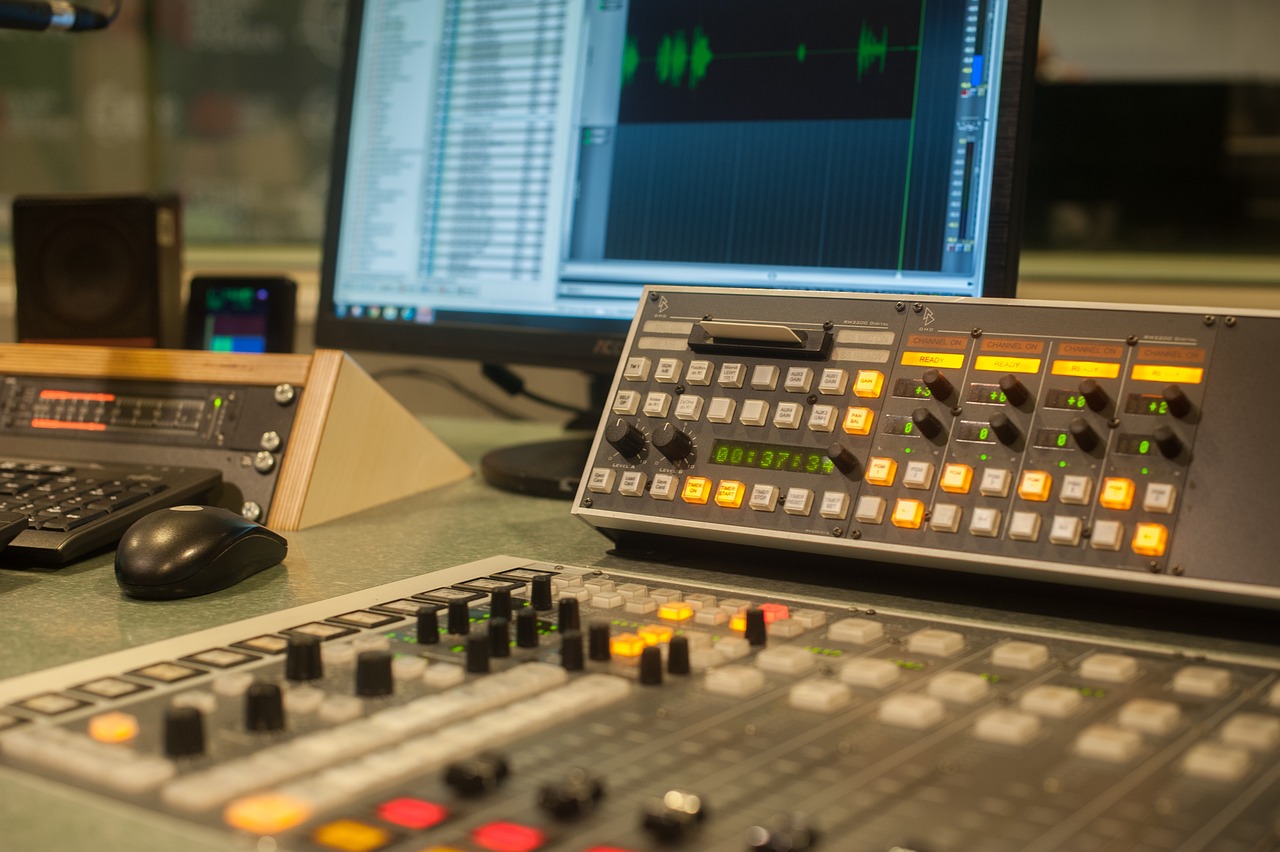
In post-production, sound designers clean up the audio, remove background noise, and enhance the overall sound quality. They mix the dialogue, ambient sound, and music to create a balanced audio experience.
8. Challenges Faced by Documentary Videographers
Documentary videography comes with its fair share of challenges. Here are a few common hurdles faced by videographers in the field:
Limited Resources
Documentary filmmakers often work with limited budgets and resources. They must find creative solutions to overcome these constraints and still produce high-quality content.
Building Trust with Subjects
Establishing trust and rapport with subjects is crucial for obtaining authentic and compelling interviews. Videographers must create a safe and respectful environment for interviewees to open up and share their stories.
Balancing Objectivity and Creativity
Documentary videographers walk a fine line between presenting facts objectively and incorporating their creative vision. Finding the right balance between storytelling and remaining truthful to the subject matter can be a challenge.
9. Tips for Successful Documentary Videography
Here are some valuable tips to enhance your documentary videography skills:
Know Your Story
Understanding the core message and purpose of your documentary is essential. Clearly define what story you want to tell and the impact you aim to create.
Build Relationships with Subjects
Invest time in building relationships with the subjects of your documentary. This helps establish trust, and they will be more likely to share their experiences openly.
Be Flexible and Adapt
Documentaries often unfold organically, and unexpected situations may arise. Being adaptable and open to change is essential to capture the essence of the story as it evolves.
Pay Attention to Detail
Small details can make a significant impact on the overall quality of your documentary. Pay attention to lighting, audio, framing, and composition to ensure every shot is visually appealing.
10. Examples of Inspiring Documentary Videographers
Several documentary videographers have made a significant impact with their work. Some notable examples include:
- Ava DuVernay: Known for documentaries like “13th” and “The 14th Amendment,” DuVernay highlights social and racial justice issues.
- Werner Herzog: A renowned filmmaker whose documentaries, such as “Grizzly Man” and “Cave of Forgotten Dreams,” push the boundaries of storytelling.
- Ken Burns: Recognized for his historical documentaries, Burns has produced iconic films like “The Civil War” and “The Vietnam War.”
11. Career Opportunities in Documentary Videography
Documentary videography offers various career opportunities, including:
- Independent Filmmaker: Creating and producing your own documentaries.
- Production Company: Joining an established production company that specializes in documentary filmmaking.
- Television Networks: Working with television networks to produce documentaries for broadcast.
- Non-Profit Organizations: Collaborating with non-profit organizations to create documentaries that raise awareness about specific issues.
12. Conclusion
Documentary videography is a powerful medium that allows storytellers to capture real-life narratives, educate audiences, and inspire change. By combining technical skills, storytelling abilities, and effective communication, videographers can create impactful documentaries that resonate with viewers. Whether you aspire to become a documentary videographer or simply appreciate the art form, embracing the challenges and following the tips outlined in this article will help you excel in the field.
FAQs
1. How long does it take to make a documentary?
The time required to make a documentary can vary depending on various factors, such as the subject matter, the extent of research needed, and the complexity of the production. It can take anywhere from several weeks to several years to complete a documentary.
2. Can I shoot a documentary with a smartphone?
Yes, smartphones with high-quality cameras can be used to shoot documentaries. However, professional-grade equipment provides better control over image and sound quality, especially in challenging filming conditions.
3. Do I need formal education to become a documentary videographer?
Formal education in film or media production can provide a solid foundation and technical knowledge. However, practical experience, networking, and a strong portfolio can also contribute to a successful career in documentary videography.
4. How can I fund my documentary project?
Funding options for documentary projects include grants, crowdfunding, sponsorships, and collaborations with production companies or broadcasters. It’s essential to research and identify the funding sources that align with your project’s goals.
5. Where can I showcase my documentary?
Documentaries can be showcased at film festivals, broadcast on television networks, distributed through online streaming platforms, or screened at special events and community gatherings. Choose platforms that reach your target audience and align with your project’s objectives.


